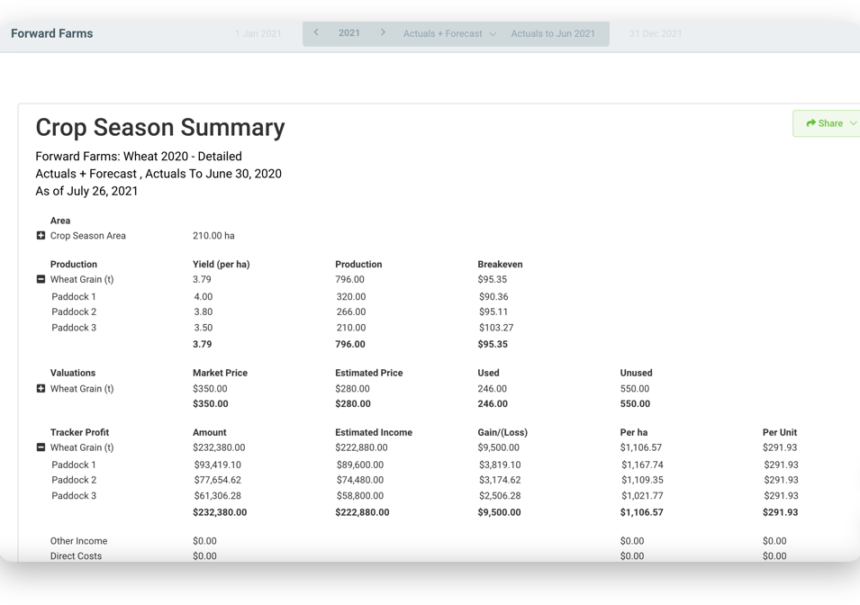In today’s data-driven landscape, selecting the ideal Power BI consultant can significantly impact your business’s analytical endeavours. Navigating the realm of data visualisation and analysis requires expertise, and finding a consultant who aligns with your specific needs is crucial. From optimising reports to designing interactive dashboards, a skilled Power BI consultant can empower your organisation to unearth insights and make informed decisions. In this article, we’ll delve into key considerations that will guide you in choosing the perfect consultant to harness the full potential of Power BI for your unique data requirements.

I. Assessing Your Data-Driven Needs:
Define your goals and objectives:
Before you start searching for a Power BI consultant, it is crucial to clearly articulate what you want to achieve with this powerful tool. Whether it’s improving reporting capabilities, enhancing data visualisation, or harnessing advanced analytics, understanding your goals will help you find a consultant with the right skillset and experience to meet your needs.
Identify your budget and timeline:
Determining your budget and timeline is essential for managing expectations and finding a consultant who can work within your constraints. Consider how much you are willing to invest in hiring a consultant and establish a realistic timeframe for completing the project. This will help you narrow down your options and focus on consultants who can deliver within your parameters.
II. Researching Potential Consultants:
-
Seek recommendations and referrals:
One of the most effective ways to find a reliable Power BI consultant is by seeking recommendations and referrals from colleagues, industry contacts, or professional networks. Reach out to those who have experience with Power BI implementation and ask for their suggestions. Additionally, explore testimonials or case studies on consultants’ websites to get a sense of their expertise and client satisfaction.
-
Evaluate experience and expertise:
Experience and expertise are critical factors to consider when choosing a Power BI consultant. Look for consultants with a proven track record in Power BI projects and consider their level of experience in your specific industry. Certifications or specialised training related to Power BI can also indicate a consultant’s expertise and commitment to staying updated with the latest tools and techniques.
-
Review portfolios and client success stories:
Examine sample work or case studies provided by potential consultants to assess their capabilities and see if their previous projects align with your needs. Consider the complexity of the projects they have worked on and whether they have experience in industries similar to yours. Client success stories can also provide valuable insights into a consultant’s ability to meet data-driven needs effectively.
III. Conducting Interviews and Assessments:
-
Prepare a list of questions:
To gain a better understanding of a consultant’s capabilities and approach, prepare a list of questions to ask during the interview. Inquire about their experience with Power BI and relevant technologies, and ask for examples of how they have solved data-driven challenges in the past. This will help you evaluate their technical knowledge and problem-solving skills.
-
Request references from past clients:
Contacting references from past clients is a crucial step in assessing a consultant’s suitability for your project. Reach out to these references to understand their experience working with the consultant. Ask about the consultant’s ability to meet data-driven needs, communication skills, and overall satisfaction with the project. This will provide valuable insights into the consultant’s professionalism and ability to deliver results.
- C: Evaluate communication skills and compatibility:
Effective communication is essential for a successful consultant-client relationship. Assess how effectively the consultant explains complex concepts in simple terms and ensures that you have a clear understanding of the implementation process. Additionally, consider whether there is good rapport between you and the consultant, as a positive working relationship will contribute to a smoother and more productive collaboration.
IV. Considering Budget and Contract Terms:
-
Request detailed proposals:
Once you have narrowed down your options to a few potential consultants, request detailed proposals from each of them. Ask for a breakdown of costs, including hourly rates or project-based fees, as well as an estimated timeline for completion. Discuss any specific contractual terms or conditions that are important to you, such as intellectual property rights or confidentiality agreements.
-
Compare multiple proposals:
Comparing multiple proposals will enable you to evaluate each consultant’s pricing, deliverables, and timeline. While cost is an important factor, it should not be the sole determining factor. Consider the overall value offered by different consultants, taking into account their experience, expertise, and the quality of their proposed solution.
V. Making the Final Decision:
-
Trust your instincts:
After conducting interviews, reviewing portfolios, and considering proposals, trust your instincts. Consider your gut feeling about each consultant you have interviewed. A strong intuition about a consultant’s capabilities and compatibility can be a valuable factor in making your final decision.
-
Review all gathered information:
Before making a final decision, review all the information you have gathered objectively. Weigh the pros and cons of each consultant, considering factors such as their experience, expertise, communication skills, and alignment with your data-driven needs. This will help you make an informed decision that is in the best interest of your business.
-
Make an informed decision:
Based on your assessment and evaluation, select the Power BI consultant who best meets your goals, budget, and timeline. Communicate your decision to the chosen consultant and discuss the next steps in the implementation process.
Conclusion
Choosing the right Power BI consultant is a critical step towards harnessing the full potential of this powerful tool for your data-driven needs. By following the steps outlined in this blog post, you can assess your goals, research potential consultants, conduct interviews, and make an informed decision that aligns with your unique requirements. Remember, investing time and effort in finding the right consultant will greatly impact your success in utilising Power BI effectively.
So, take the necessary steps and choose the consultant who can help you unlock the true power of your data.




